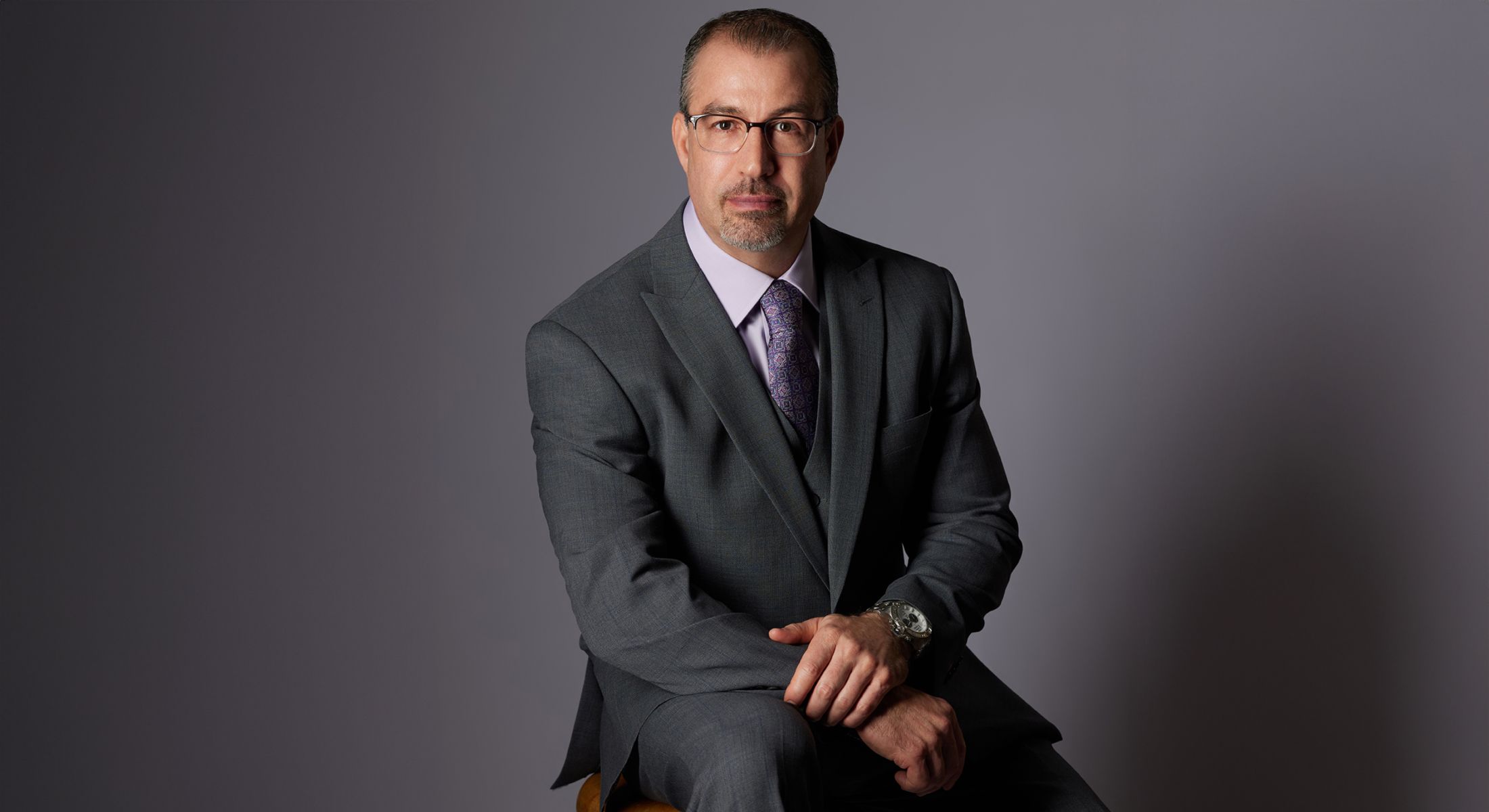For many people, few words spark more fear than “cancer.” If you’ve lost friends or family to the disease—or simply worry about being around for your children—know that you’re not alone. The good news? Early detection, healthy lifestyle habits, and targeted therapies can significantly reduce your cancer risk and improve outcomes. Below, we’ll explore both time-tested and cutting-edge strategies for detecting cancer, along with practical steps to lower your long-term risk.
Why Early Detection Matters
Early detection remains one of the most powerful tools in cancer treatment. Identifying abnormalities at their earliest, most treatable stages can profoundly impact survival rates and quality of life. But with many screening options available, deciding which tests and interventions are right for you can feel overwhelming. An integrative approach—combining traditional screenings with the latest advances—often offers the most comprehensive protection.
Traditional Cancer Screening Methods
- Mammography
- Who It’s For: Primarily women over age 40 (or earlier if at high risk).
- Why It Matters: This imaging test can detect breast cancer early, even before a lump can be felt.
- PSA Test (Prostate-Specific Antigen)
- Who It’s For: Men, typically starting around age 50 (earlier if there’s a family history).
- Why It Matters: A simple blood test that measures PSA levels, which can signal prostate issues, including cancer.
- Colonoscopy
- Who It’s For: Men and women over 45 (or younger if you have specific risk factors).
- Why It Matters: Finds and removes precancerous polyps in the colon before they can develop into cancer.
- Pap Smear & HPV Testing
- Who It’s For: Women, typically starting in the early 20s.
- Why It Matters: Identifies precancerous changes in the cervix that can lead to cervical cancer.
Genetic Testing & High-Risk Assessment
If cancer runs in your family, genetic testing can offer valuable insights. By identifying specific genetic mutations (such as BRCA1/BRCA2 for breast cancer), you and your healthcare provider can make more informed decisions about screening intervals and possible preventive measures (like prophylactic medications or surgeries).
Who Benefits Most?
- Individuals with multiple family members diagnosed at a young age.
- Those with known hereditary cancer syndromes (e.g., BRCA mutations, Lynch syndrome).
Next-Level Detection: Cutting-Edge Cancer Screening
- Blood Tests for Circulating Cancer Cells (Episeek)
- What It Is: A revolutionary blood test that looks for specific genetic and molecular signatures linked to early cancer.
- Why It Matters: Episeek can detect several cancer types before noticeable symptoms appear, offering a non-invasive way to catch cancer early.
- Whole-Body MRI (Prenuvo)
- What It Is: A detailed imaging study that scans your entire body to pinpoint tumors or other abnormalities.
- Why It Matters: This test can identify changes in organs and tissues that may be missed by targeted screenings alone. Particularly beneficial if you have a strong family history, high personal risk factors, or family history of difficult to detect cancers like pancreatic cancer and ovarian cancer.
The Main Risk Factors for Cancer
- Lifestyle Factors
- Poor Diet: High intake of processed foods, refined sugars, and unhealthy fats can fuel chronic inflammation, a key driver of cancer.
- Sedentary Lifestyle: Regular exercise helps regulate hormones, reduce inflammation, and maintain a healthy weight—all critical for cancer prevention.
- Stress & Poor Sleep: Chronic stress and insufficient sleep can compromise immune function, increasing susceptibility to various diseases, including cancer.
- Environmental Toxins
- Endocrine Disruptors: Chemicals found in plastics, personal care products, and pesticides can mimic hormones and encourage abnormal cell growth.
- Occupational Exposures: Long-term exposure to pollutants or toxic substances can raise cancer risk.
- Obesity & Metabolic Health
- Rising Epidemic: Obesity rates are climbing globally, with some of the steepest increases seen in people under 50. Excess body fat can lead to insulin resistance, systemic inflammation, and hormonal imbalances—all of which may pave the way for cancer.
- Metabolic Syndrome: High blood pressure, elevated blood sugar, and abnormal cholesterol levels are interlinked with obesity and heightened cancer risk.
Medications & Therapies for Reducing Cancer Risk
- Metformin
- Originally a diabetes medication, metformin improves insulin sensitivity and may reduce the risk of certain cancers by curbing excess glucose and insulin levels.
- GLP-1 Medications
- Drugs like semaglutide help control appetite and stabilize blood sugar, aiding in weight reduction—a key factor in lowering cancer risk.
- Lifestyle Interventions
- Exercise: Engaging in moderate to vigorous physical activity at least 150 minutes per week can regulate hormones, support a healthy weight, and improve immune function.
- Nutritious Diet: Focus on whole, anti-inflammatory foods like lean proteins, fruits, vegetables, and healthy fats.
- Stress Reduction: Techniques such as mindfulness, meditation, or yoga can help lower cortisol and combat inflammation.
Your Path to Proactive Cancer Prevention
Balancing daily responsibilities—family, career, caregiving for parents—with cancer worries can be overwhelming. However, knowledge and early action are the most empowering routes to protect your future. By combining conventional screenings (like mammograms and colonoscopies) with advanced tests (like blood tests and Whole-Body MRI), you’re taking a comprehensive approach to catch issues early. Meanwhile, healthy lifestyle changes, targeted medications, and stress management create a strong defense against cancer risk factors.
How Longevity Health Clinic Can Help
At Longevity Health Clinic, our physician-led team offers:
- Lifestyle Optimization: Individualized guidance on diet, exercise, stress management, and detoxifying your home environment.
- Medications & Supplements: Metformin, GLP-1 medications, and other interventions to improve metabolic health and lower cancer risk.
- Cutting-Edge Screening: Access to the Episeek test and partnerships for comprehensive whole-body MRIs like Prenuvo, ensuring earlier detection and peace of mind.
- Holistic Support: We treat you as a whole person—balancing hormones, addressing nutrient deficiencies, and customizing your preventive strategy.
Ready to chart a proactive course against cancer?
Contact us at Longevity Health Clinic to learn more about personalized screening, targeted therapies, and a lifestyle plan that can help you stay healthy for decades to come.
A future free from the heavy burden of cancer worries starts with the right information, the best tools, and a supportive medical partner in your corner. Let’s prioritize your health—so you can be there for the people who matter most.




